“What If I Hurt My Baby?”: How OCD Can Show Up During Pregnancy
“What if I hurt my baby?”, “Why aren’t they moving right now?”, “Am I unknowingly harming them?”.
Naturally, a big part of being a mother is worrying–constantly being concerned for your baby’s well-being, making sure you aren’t doing anything that can harm them, and the list goes on. But when fears turn to obsessions–when concerns start to spiral–it may be OCD creeping up on you.
Most people hold a warped notion of OCD–that it’s all about neatness and cleanliness. But this isn’t always the case. In pregnancies, especially, OCD can rise in more complicated forms, making the already stressful task of motherhood much harder to manage.
What is Pregnancy OCD, and what can you do?
Well, it can be a complicated thing to spot. But, the key things to notice are the patterns and intensity of your worrying: OCD tends to follow a pattern of its own. It starts with an obsession (What if my baby died? What if I harm my baby? What if I’m a danger to them?), one that takes control of your daily life–one that comes intrusively. Then, it turns into a compulsion (Trying to get your baby to move, avoiding touching your stomach, avoiding knives or other weapons, etc.), which is your brain’s way of taking control–of keeping the baby as safe as possible.
But, like with every OCD sufferer, you aren’t actually a threat. It may be hard to stomach this. It may be hard to completely accept that you aren’t a bad mother–that you aren’t a danger to your baby. OCD has unique ways of always creating doubt. Whether you constantly worry that you’ve miscarried, or whether you worry about directly harming your baby, there’s no limit to the fears OCD can plant–even if seemingly irrational. But OCD does exactly that: make the impossible feel possible, probable even.
If you’re struggling with these thoughts, try this:
Take a moment to sit and listen to these scary thoughts OCD can conjure up. With it comes a strong fear response. Try and focus on that fear. Try not to entertain or talk back to these thoughts–but rather–focus on where you feel that sensation of fear. Maybe it's in your chest? In your stomach? Then, like we mention in our previous article, try a conscious deep breathing exercise. Often, the cycle of OCD is broken by not engaging in compulsions–in resisting entertaining these thoughts. Because that’s all they really are in the end: thoughts.
You don’t have to do this alone. It's important to talk to your OB/GYN about these concerns: there’s an overwhelming number of resources for help–for you. CBT, DBT, ERP (AKA, exposure therapy), and many others are all incredibly successful treatment options for OCD. If you feel that you’re struggling with these thoughts, know that you are not alone. You are not evil. You are a mother dealing with one of the many struggles that can come with motherhood. Millions are in your shoes, and millions come out the other side feeling supported.
OCD is an incredibly common struggle during pregnancy–but many mothers go unwarned. Fears may come of hurting your baby, and with it, a stigma and worry that you’ll be judged–shunned for it. But, this is not the case. OCD is a common issue for mothers, and a trained therapist will recognize the signs and offer a multitude of options to support you, and make sure you feel more reassured.
Author: Ryan Elahi
Reviewed by Dr. Sarah Haller, C. Psych, Clinical Psychologist
